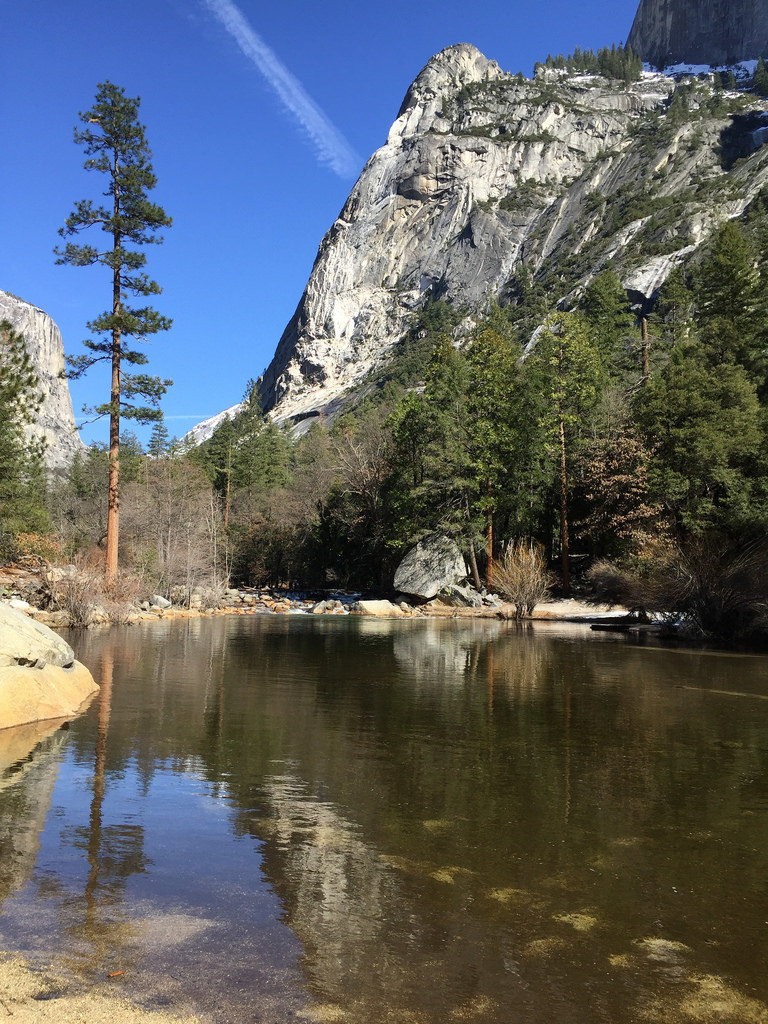| Politicians would rather build new things than allocate money to fix old things. That may be human nature, but it definitely is good politics, and it explains why national parks are in such disrepair. That’s the essence of an intriguing report issued by the Property and Environmental Research Center, titled “Breaking the Backlog.” The nation’s parks are $11.9 billion behind on their honey-do lists, and that is five times more than the amount Congress gives it each year. The combination of those two things makes for an uncomfortable reality. The bottom line of the report: Don’t build any more parks until Washington figures out how to take care of what it already has. A funny thing happens when a group makes such a common-sense proposal in Washington. Interest groups appear, trying to make common sense sound like heresy. The chief conservation officer of the |
| | Theodore Roosevelt Conservation Partnership, which represents sportsmen's organizations, told the Deseret News the report "twists itself in knots." The problem, he said, is Congress, which needs to just give the Parks Service the money it needs. But, of course, Congress isn't about to do any such thing. Instead, according to the report, it allocated $100 million under the Land and Water Conservation Fund to acquire another 100,000 acres between 2011 and 2014 – more land it can't afford to maintain. Why does it do this? The report quotes a former congressman saying, "It's not very sexy to fix a sewer system or maintain a trail. You don't get headlines for that." Which is true at almost any level of government. But it's also true that you get headlines, and not very good ones, when things go terribly wrong. This may be more evident on a local level when 100-year-old water mains burst or people no longer can use broken toilets at city parks. You know to blame a mayor or city council member when that happens. But when your experience in a National Park is less than optimal, you aren't likely to assign blame beyond the Parks Service itself, or perhaps a vague and imposing Washington. Whenever a politician or government entity comes to talk about a proposed budget, the Deseret News editorial board routinely asks about money for deferred maintenance. Mostly, these governments allocate enough to at least try to stay ahead of mounting problems. I'm not sure how many members of Congress have to answer such questions. Let's be clear about the problems. Among other things, the report says raw sewage is leaking into Yosemite's streams, due to leaky plumbing. In the Grand Canyon, the water problem has to do with getting any at all, clean or not. The park's 83-year-old system breaks constantly. Almost half the roads in all national parks are either in poor or fair condition, and dozens of bridges are "structurally deficient," which sounds like a horrible problem ready to happen. The same can be said for about one-third of all trails in the park system. The report lists several creative solutions to this problem, including allowing parks to charge more fees and entering into partnerships with private entities, while maintaining public ownership. The most viable solution, however, is to take the millions the government collects each year from offshore oil and gas royalties, a part of which goes to the Parks Service, and devote more of it to maintenance than to acquiring more land. Another intriguing idea is to sell federal land that is isolated, difficult to maintain or serves no real federal purpose, and use that money to fix parks. Both those ideas would require action by Congress, which brings us back to the "sexy headlines" quote and the reality that conservation groups will stand in opposition, referring to creative solutions as twisting knots. That's too bad, because at age 100, the Park Service should be all about preserving natural wonders, not vintage toilets and pipes. |


 RSS Feed
RSS Feed

